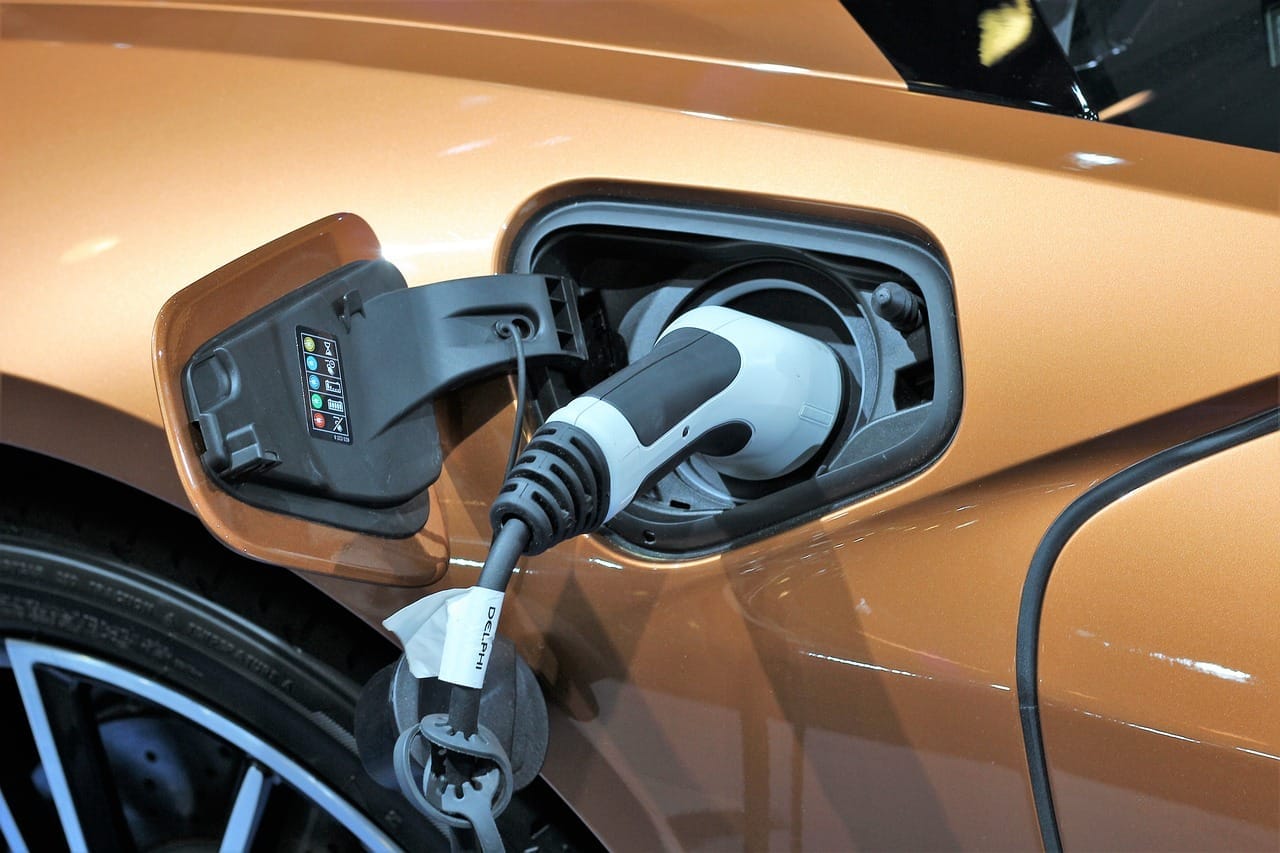Important information about charging electric cars

Choosing to drive an electric car comes with many advantages. However, before you hit the road in one of these unique vehicles, it's essential to understand how charging works. What type of charging station is right for your car? How long does a full charge take, and how much does it cost? Here, you'll find all the necessary information for charging an electric car.
How long does it take to charge an electric car battery?
The time it takes to fully charge an electric vehicle can range from 20 minutes to 10 hours, depending on several factors. These factors include the characteristics of the car's battery and the power of the charging station. The key elements that determine charging speed are:
- Battery capacity: The larger the battery, the longer it will take to charge.
- Charging station power: Charging stations range in power from 2.3 kWh to 350 kWh. A higher-powered station will reduce charging time.
- Charging cable: Using an incompatible cable can limit the charging station's power output.
- Battery charge level: The lower the battery's charge, the longer it will take to reach full capacity.
Different types of charging stations for electric cars
As electric cars have grown in popularity, so have the options for charging them. Today, there are several types of plugs and cables available for charging. The choice depends on your vehicle.
Different charging stations based on plug type
Electric car charging stations vary by plug type. There are two main categories: AC (alternating current) and DC (direct current). For AC charging, there are Type 1 and Type 2 plugs. In the U.S., the Type 2 plug is most commonly used, providing power levels from 3.7 kWh to 43 kWh, depending on whether the electricity is single-phase or three-phase.
For DC charging, there are two plug types. The first is the CHAdeMO plug, which is being phased out, and the second is the CCS Combo plug. The CCS Combo has become the standard in the U.S. for fast charging stations, supporting both AC and DC charging at up to 350 kWh.
Different cable options for charging
Charging stations are also differentiated by their cables. Two main cable types are available. The Mode 2 charging cable allows you to charge your electric vehicle using a regular household outlet. The Mode 3 cable is the standard and is generally used with a Type 2 plug.
Charging an electric car at home
If you're planning to buy an electric car, it's important to know that home charging is essential. There are various solutions available, and some incentives can help with installation costs.
Home charging: regular outlet or wallbox?
There are a couple of options for home charging stations. The first is a reinforced outlet, which is mounted on the wall and equipped with a circuit breaker for safe charging. The second option, which is more efficient, is a wallbox. This home charging station provides more power, enabling you to fully charge an electric vehicle in as little as four hours.
While it's possible to charge your electric car using a standard household outlet, this should only be done in exceptional cases. Standard outlets can overheat and have a much slower charging speed.
Incentives for installing a home charging station
Not all charging systems qualify for incentives, but home charging stations do. For U.S. residents, the federal tax credit for EV charging station installation can offset up to 30% of the installation costs. Some states also offer rebates for installing home charging stations, which can further reduce costs.
Charging an electric car at public stations
Public charging stations have rapidly expanded across the U.S. The main networks include Tesla Superchargers, Electrify America, and ChargePoint. Public charging stations can now be found in most cities, at locations such as:
- Along public roads
- In parking lots
- At highway rest stops
How much does it cost to fully charge an electric car?
Charging an electric car is far less expensive than filling up a gasoline-powered vehicle, though the cost can vary.
The cost of charging at home
The cost of charging at home depends on factors such as off-peak and peak energy rates, your electricity provider, and the type of charging station you have. On average, the cost of a full charge for a 50 kWh battery ranges from $6 to $12, depending on your utility rates.
The cost of charging at a public station
Public charging stations may be free or require payment. Free stations are typically found in shopping center parking lots. Some stations may charge depending on the time of day, type of charge, and the card used for payment.
For networks like ChargePoint or Electrify America, having a membership card can provide additional benefits. The cost of these cards typically ranges from $5 to $20, depending on the service. The average cost per kWh at public charging stations in the U.S. is around $0.30 to $0.40, though prices can vary based on location and charging speed.
Charging an electric car involves several factors such as charging speed, cost, and location. If you're considering buying or renting an electric car, it's important to be informed. Electric vehicles also come in utility models, so why not rent an electric utility vehicle from a nearby individual?



